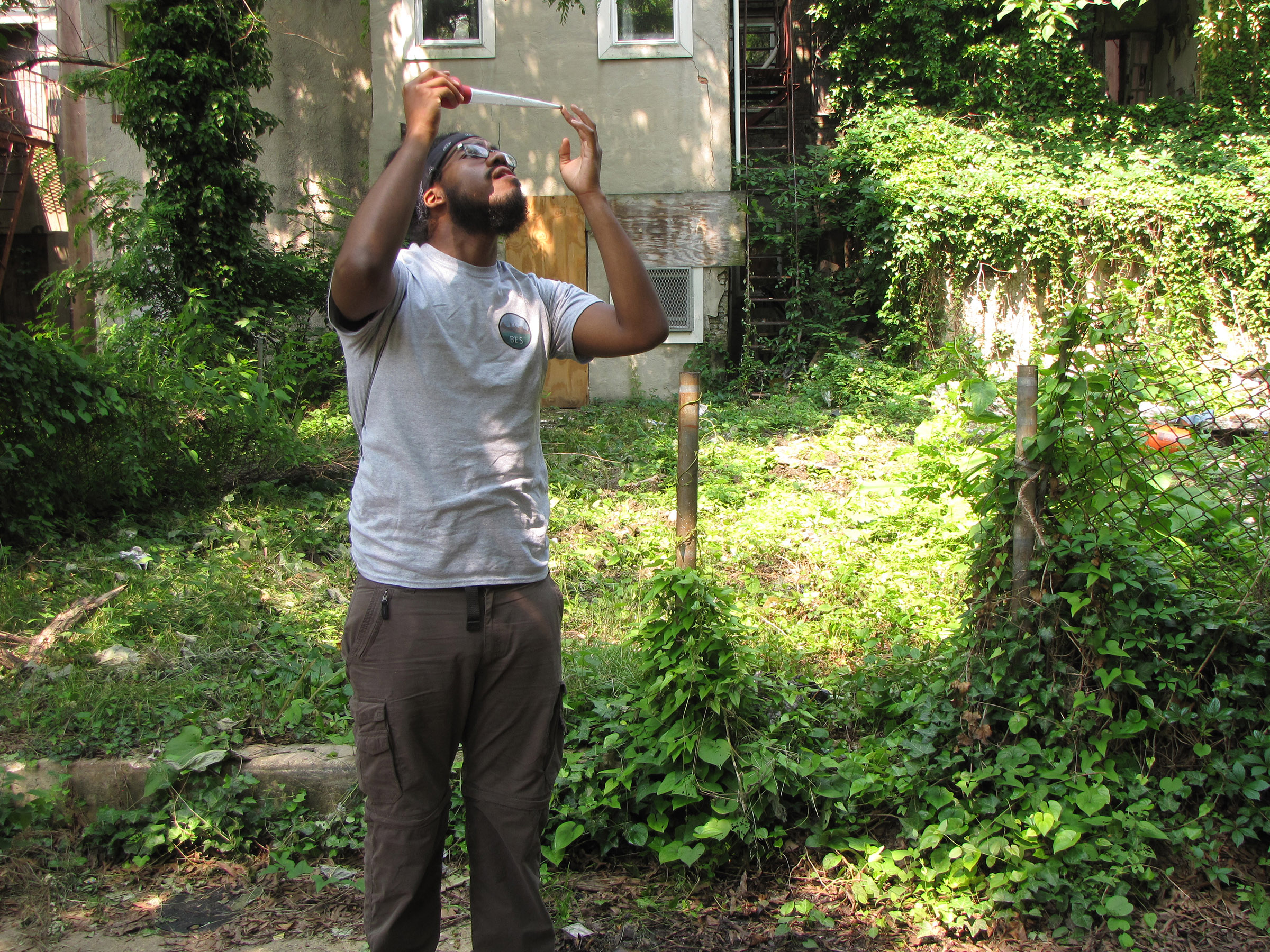At Cary Institute, our scientists have a track record of advancing ecosystem research that is creative, innovative, and cutting edge. Collaborating across diverse disciplines, Cary scientists are transforming our understanding of the natural world and helping to forge a better future for people and the planet.
But some ideas are too bold and boundary-pushing to be funded through traditional pathways. Competitive grants from the Institute’s Science Innovation Funds are a way to fill this gap, catalyzing high-risk, high-reward research projects that advance sustainability and map out new scientific frontiers.
We are grateful to the Lang-Assael Family, and the anonymous donors who have opened three such funds to date and the many individual donors who have contributed to them: The Lang-Assael Family Science Innovation Fund, the Catalyst Fund, and the Data Visualization Fund.
Research with real-world impacts
Cary scientists compete for awards from the Science Innovation Funds; only the most promising projects receive support.
Since 2017, thanks to $2 million from donors, the Science Innovation Funds have awarded ten grants for collaborative research projects and three grants for cross-disciplinary conferences that explore uncharted scientific territories. To date, projects launched through Science Innovation Funds grants have leveraged more than $500,000 in additional funding and have led to at least three presentations at scientific conferences and 12 publications. Several more papers have been accepted for publication. As can be expected with high-risk endeavors, one funded project terminated at the close of the grant. The team presented their findings at a conference to help others understand their decision to end that line of inquiry.
Our initial goal is to reach an endowment of $6-$8 million and to raise and distribute at least $100,000 annually to support science that drives discovery and inspires world-changing solutions. There are two ways to invest in the Science Innovation Funds. Make a gift today to one of the existing funds or open your own fund by emailing development@caryinstitute.org.
Forecasting disease
With seed funding from the Science Innovation Funds, disease ecologist Barbara Han is applying artificial intelligence to forecast outbreaks of new diseases that ‘jump’ from animals to humans. She has already identified several rodent species of potential concern, and this line of questioning has grown into a larger initiative thanks to additional funding from the Gordon and Betty Moore Foundation.
Shaping sustainable cities
Urban ecologist Steward Pickett used his award from the Science Innovation Funds to host a virtual Cary Conference to encourage new ways of thinking on how urban ecology can contribute to positive urban futures. The gathering led to the creation of a partnership with Yale University that is investigating questions related to the ecology of segregation, redlining, and environmental justice. Papers that arose from the conference were published in a special edition of Ambio: A Journal of Environment and Society.
Envisioning future forests
Another project brings together forest ecologists and soil scientists to solve the mystery of why 25% of Alaska’s forests are no longer bouncing back after wildfires. With support from the Science Innovation Funds, the team aims to untangle where, when, and why post-fire forest regeneration is failing — questions that are crucial to understanding the future of these landscapes, the biodiversity they support, and the carbon that they store.

Invest in the Science Innovation Funds
To make a gift to one of the existing Funds, or to establish your own, contact development@caryinstitute.org or make your donation online.
It gives me a thrill to know that by supporting the Science Innovation Funds, I personally give Cary’s scientists the chance to test out novel ideas that other sources of funding would almost certainly consider a risky investment. Once off the ground, those ‘risky’ ideas then very often garner traditional funding for an array of succeeding projects — something that is yet another wonderful reward for investing in the kind of innovative science Cary promotes.
Science Innovation Funds News

Tropical forests adjust strategies to thrive even when soils are nutrient poor
Tropical forests store a third of the world’s carbon in their wood and soils. However, their future as a carbon sink has been uncertain.
Funded in part by the Lang Assael Family Science Innovation Fund

